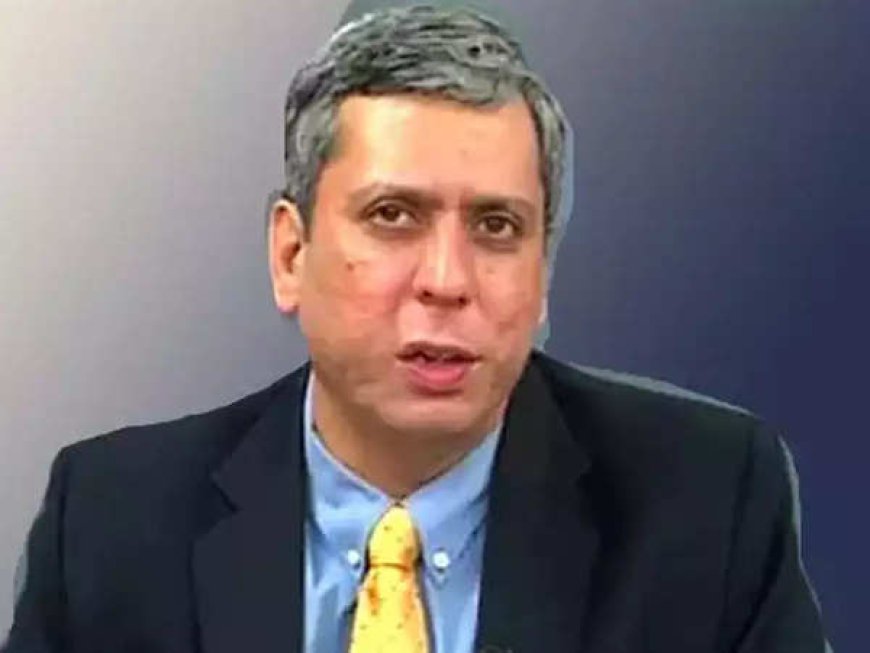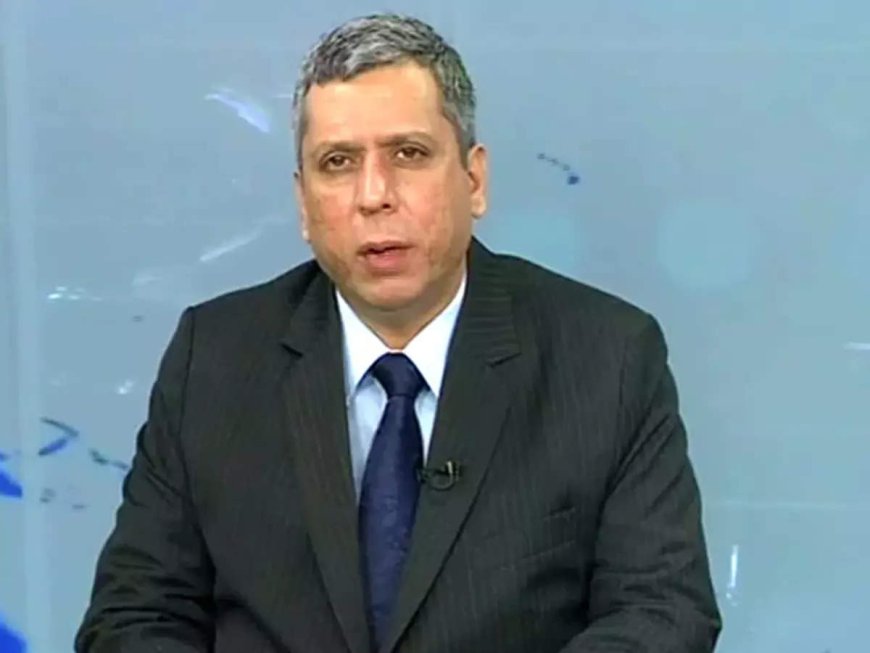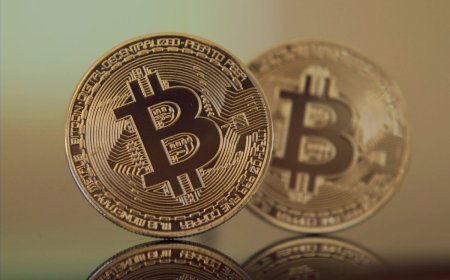Global Market Insights: Ajay Bagga Reflects on Shifting Dynamics and Emerging Concerns
Gain insights from market expert Ajay Bagga as he discusses the evolving landscape following the Jackson Hole Symposium and the repercussions of the Fed chair's hawkish speech. Explore the anticipation surrounding key commentary, its influence on both American and global markets, and the interplay of economic factors. Delve into China's economic slowdown, its potential effects on Indian markets, and the shadows cast by unresolved issues.


Ajay Bagga, a Market Expert, reminisces about the previous year when the markets were brimming with optimism leading up to the Jackson Hole Symposium. However, the tone shifted dramatically after the hawkish speech from the Fed chair, triggering a significant market selloff as the unexpected hawkishness caught investors off guard.
As we delve into the topic of the upcoming Jackson Hole Symposium, the anticipation lingers. The question of whether the Fed chair will deliver crucial commentary and how this will impact the American markets while influencing ours remains. The symposium serves as a platform for strategizing, setting the tone for the financial landscape.
Reflecting on the previous year's scenario, optimism had painted the markets prior to Jackson Hole. However, the Fed chair's hawkish speech abruptly shifted the narrative, leading to a substantial selloff. This time, markets are entering with a backdrop of pessimism, driven by robust US economic figures. The Atlanta Fed GDPNow projection, an unprecedented 5.8% forecast for Q3 growth, highlights the US's exceptional economic performance. While such figures are akin to those seen in post-COVID recovery due to the base effect, they underscore the strength of the US economy.
Anticipations revolve around discussions of a sturdy US economy, a resilient consumer base, and persistent inflation during the symposium. The consensus in the market is that a rate hike in November holds a modest probability; however, September's likelihood seems remote. The potential disruption arises if the Fed chair reiterates last year's rhetoric, emphasizing that the target remains at 2%, and the market's complacency might be misplaced, implying a more aggressive stance on rate hikes. This unpredictable element makes the upcoming week intriguing.
Jackson Hole traditionally refrains from rate actions, serving as a forum for policy formulation. Evaluating the learnings from the past few years and charting a path for the future occupies the discussions. Although the speech is expected to maintain its hawkish undertone, there is an anticipation for a pause rather than an aggressive stance. Yet, if the message hints at further hikes, the market may experience considerable turmoil.
Shifting focus to China, the dynamics of its economy have cast a shadow. China's economic deceleration, coupled with central banks cutting rates amidst global inflation concerns, raises questions. Could China's slowdown potentially benefit Indian markets when the dragon sneezes? The situation warrants attention, given that China constitutes the world's second-largest economy and was projected to contribute 35% of this year's global growth. Alarming signs are evident, as financial institutions like JPMorgan, Nomura, and Morgan have revised their Chinese GDP forecasts downward.
The crux of the matter lies in long-standing issues that have evaded the spotlight for years. Consider China's local government debt, standing at $13 trillion, or the shadow bank assets under management, amounting to $3 trillion. Recent defaults by some of these entities have triggered concerns, further raising uncertainties. With significant numbers at play, the situation appears challenging. As China's economy is heavily leveraged, relying on real estate for 25% of its GDP, the current lack of robust action from policymakers raises concerns about containment measures, contrasting with the extensive stimulus implemented in 2008 and 2015.
The shadow bank crisis's potential fallout and real estate developer defaults heighten the risk of contagion. Notably, Evergrande's $300 billion exposure underscores the gravity of the situation. Despite staggering figures being mentioned, the depth of the issue remains elusive, echoing the opacity that shrouds China's economy.
Approximately $7 billion has exited the Chinese equity market in a month, with India not witnessing excessive inflows. A potential China selloff could trigger an emerging market downturn. Although India has witnessed substantial gains, a more pronounced selloff might unfold before witnessing a reallocation of funds.
Considering Morgan Stanley's ranking of India as the top emerging market, optimism for the future persists. However, the current landscape reflects a risk-off sentiment due to the scale of China's impact and the lack of transparency in its mechanisms.
What's Your Reaction?
























































